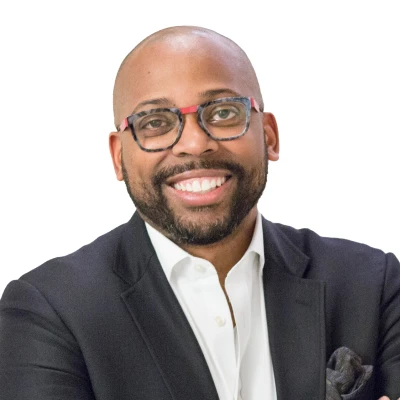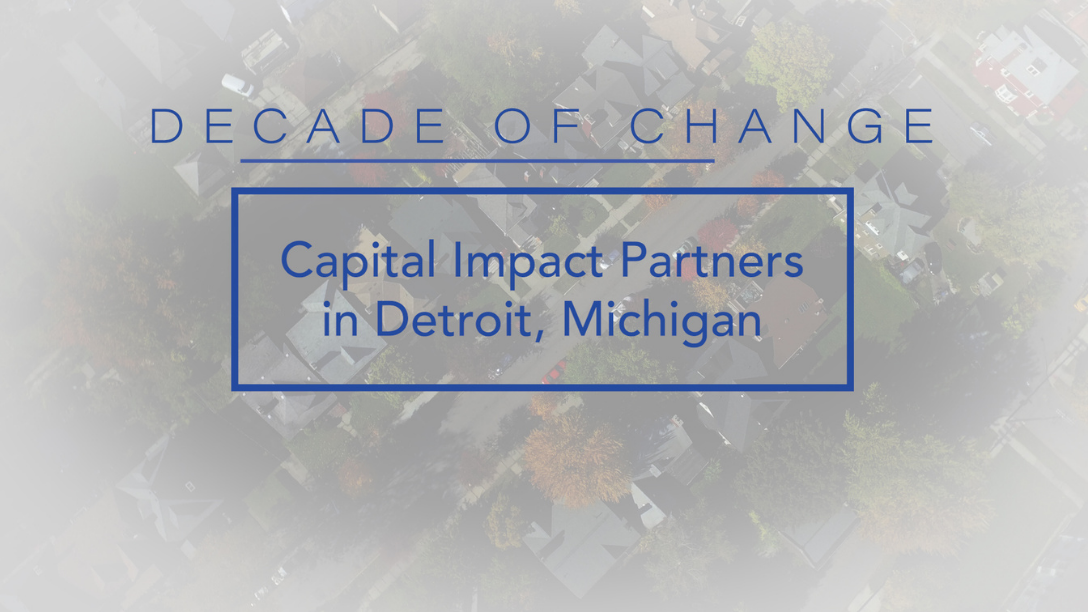Ten years ago, Capital Impact Partners received an invitation from the Kresge Foundation to join in an effort to support Detroit as the city was reeling in the turbulence of the great recession. It was a seminal moment in our organization’s history, resulting in key shifts to our strategy and how we thought about investing — not only in buildings — but in communities.
After a decade of working side-by-side with Detroiters, I felt it was a good time to reflect both on our accomplishments, but also on what we have learned about building resilient communities.
That first effort, as part of the Living Cities “Integration Initiative,” sought to drive reinvestment along the Woodward Corridor and generate benefits for area residents. Kresge, the Skillman Foundation, Midtown Detroit Inc, Invest Detroit, Vanguard CDC, and the City of Detroit served as local partners.
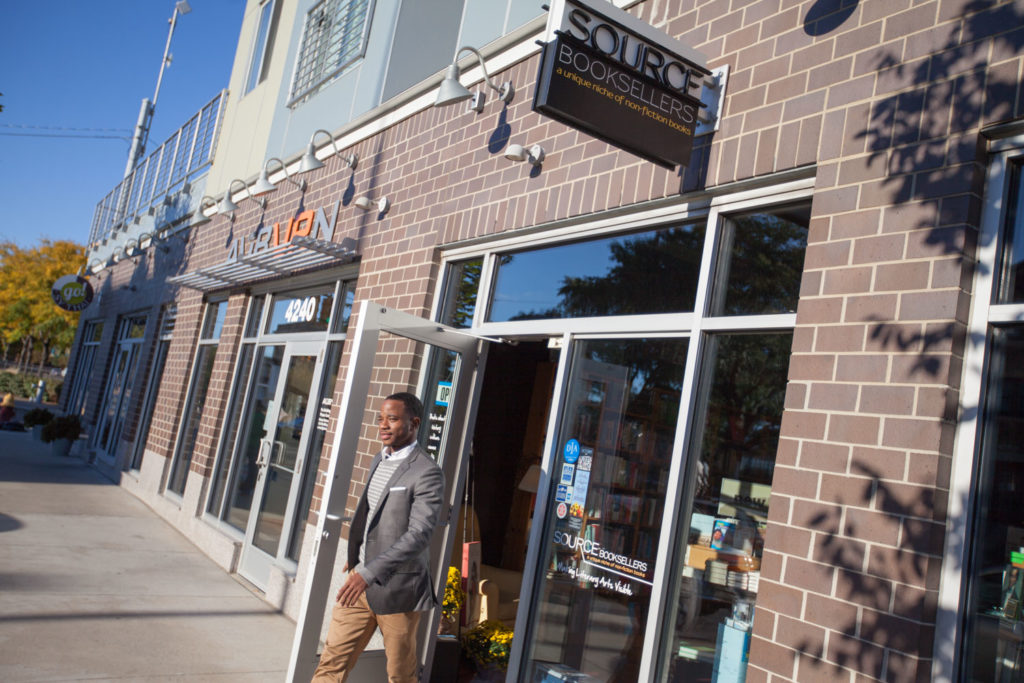
One key project was the Auburn, a mixed-use property providing much-needed retail and affordable residential space. It proved the demand existed and illustrated how to co-locate much-needed services, create jobs, and draw in surrounding investments.
We also joined with Kresge, Southwest Solutions, and Vanguard CDC to support the Restore North End program. That program was designed to support existing homeowners in their effort to rehabilitate their residences and create neighborhood vitality, stability, and increase market values — key drivers of long-term wealth building.
As a result of what we learned, a light bulb went off, marking a strategic shift for Capital Impact’s traditional national lending approach.
It taught us the importance of standing shoulder-to-shoulder with communities, listening to their challenges, building trust, and understanding the vision residents have for their own neighborhoods to help them create those solutions.
This shift required us to focus all of our efforts — financing, capacity building, policy engagement, local partnership development — in one place to accelerate the change residents were leading. We pivoted from investing in buildings to investing in people, and working to address root challenges that have created obstacles to success.
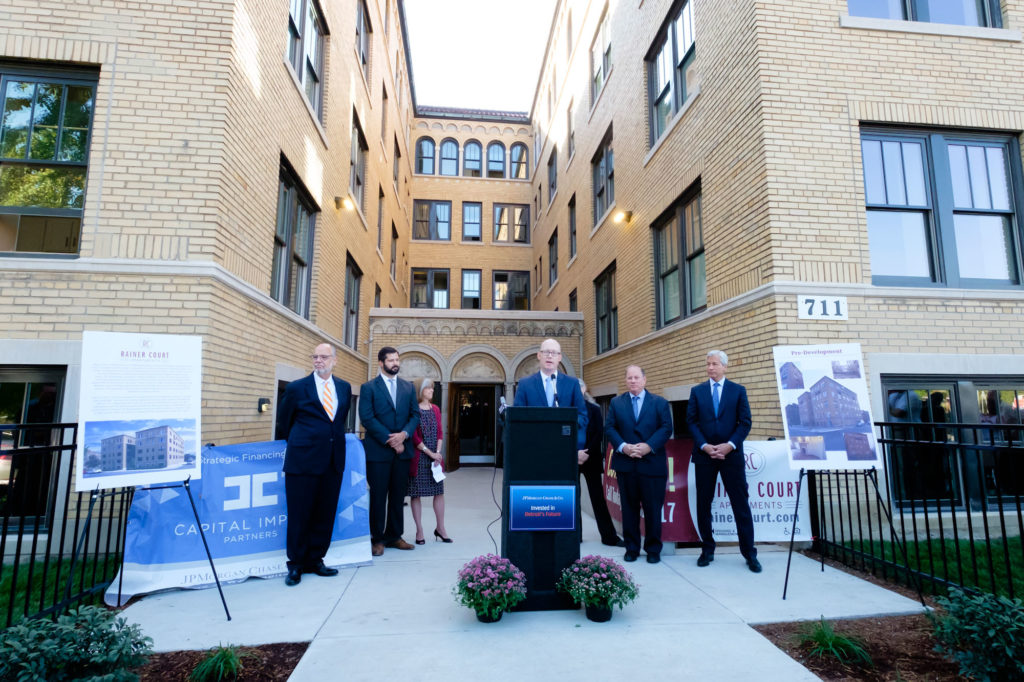
Over time, national organizations began to take notice. JPMorgan Chase’s $100 million commitment in 2014, helped us create the $30 million Detroit Neighborhoods Fund to expand affordable multifamily housing and mixed-use real estate development. We ultimately financed 11 high-impact projects across seven neighborhoods including Ranier Court, The Murray, and 655 West Willis.
While we were proud of the impact of these projects, a 2017 analysis revealed much of our lending, while achieving positive outcomes, was not serving real estate developers who lack access to traditional banking solutions.
This realization required us to better address the needs of these developers. With local guidance, our EDI program was created in 2018 to provide these individuals with training, mentorship, and connections to secure financing. We’ve trained 86 developers, many who have gone on to create their own organizations, build local projects, and develop peer-to-peer networking circles.
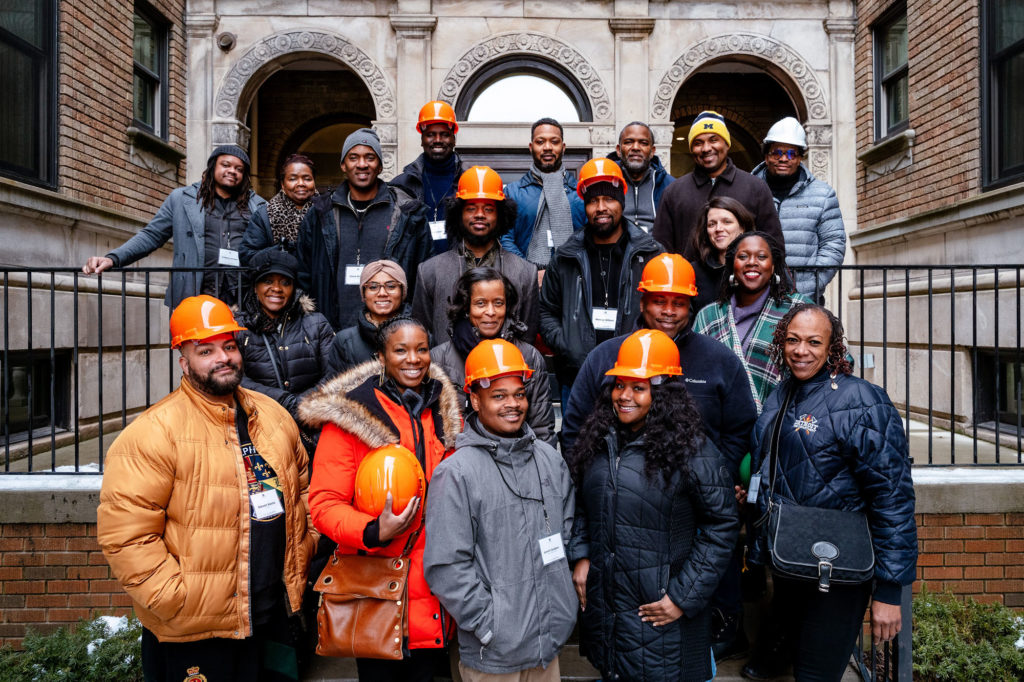
Ultimately, program graduates began teaching us. They pointed out that while they learned important skills, we were not actually financing their projects. Like many traditional lenders, our underwriting standards remained a barrier. Here again we needed to revisit our credit guidelines to serve those developers. With EDI graduates’ input, we created the DiD – Detroit Loan Fund in 2020 to expand our lending criteria in a way that met their needs. We received over $100 million in applications and look forward to announcing the projects we will be supporting.
As we look to the next decade, our efforts to champion economic prosperity continue. With CDC Small Business Finance, the nation’s leading mission-based small business lender, we created an ambitious new enterprise to innovate how capital and investments flow into communities to support economic mobility and wealth creation.
I am proud of what our $300 million in investments have meant in terms of greater access to affordable housing, quality healthcare and education, healthy foods, and small business entrepreneurship.
I’m equally proud of our ability to recognize our need to understand the city better and create local strategies that deliver the results Detroiters need. For that, I want to extend gratitude to our local partners and guides. We are taking these lessons learned to other cities to create the change that is so desperately needed.
At the same time, it has to be acknowledged that we have work ahead of us. Development in Midtown and Downtown is still coming at the expense of residents living with low incomes who are experiencing rising rents and housing insecurity. The expanding wealth gap also underscores long-standing issues we must face head on.
As we look forward to the next 10 years of working in the city, we must continue to be vigilant that our work centers Detroiters.
We’re proud to be hustling with you.
